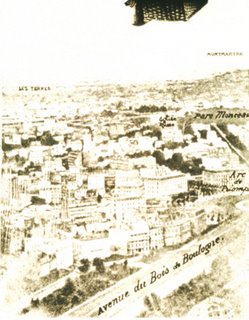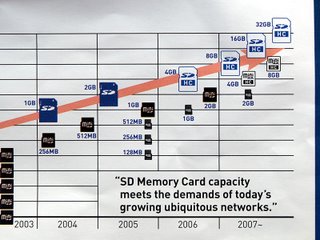
When Nadar went up
his balloon 150 years ago and took the
first aerial photo, he triggered Jules Vernes into writing
"Five weeks in a balloon".
The
first panoramic view of a natural disaster was taken one hundred years ago after the 1906 San Francisco Earthquake using a kite.
The first photo taken from space was obtained in 1946,
from a V2 rocket and the
first panorama in space was taken two years later.

Fifty years later, thanks to the HASP platform, we took one of the
longest panoramic view from a high altitude balloon. This is mainly due to our ability to store large amount of data in common cameras (4GB).

. The interesting aspect of our approach relies on the fact that our low cost camera does not need to be equipped with either a GPS or an Inertial Navigational Unit: The use of a software like
Autopano Pro enables us to patch automatically all of our pictures together and create a
single large map.




